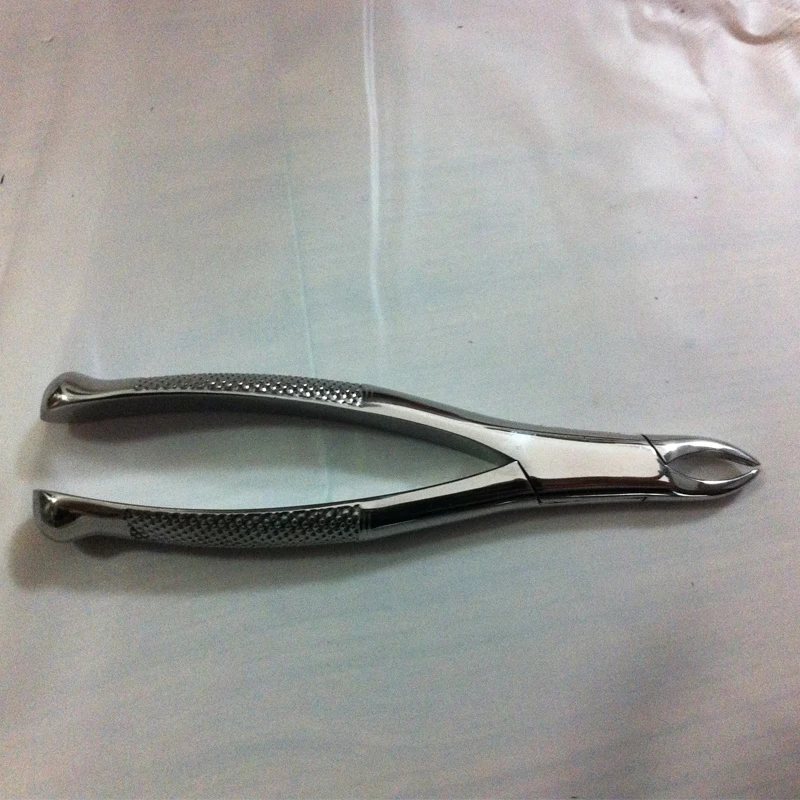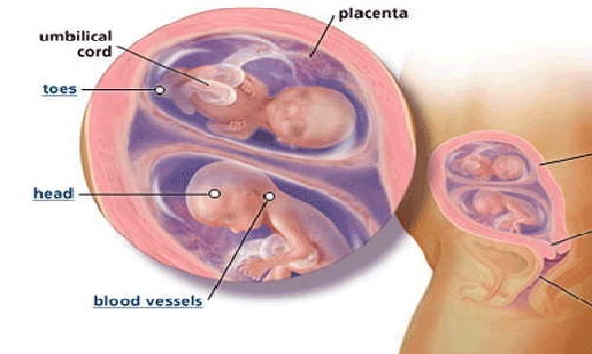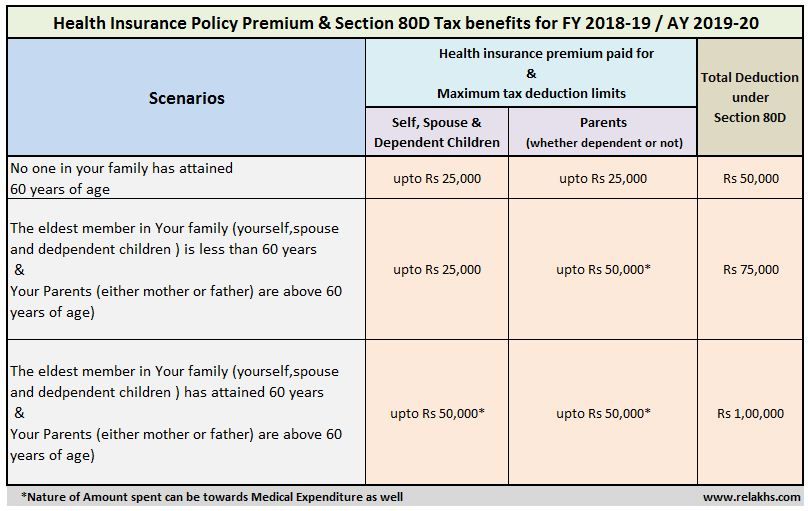Peppermint tea for nausea during pregnancy
Peppermint Tea in Pregnancy: Safety, Benefits, and More
Pregnancy is an exciting time, but it can also feel like it comes with a lot of restrictions. While your morning cup o’ joe is probably just fine in moderation, if you’re a caffeine lover, you’re going to have to make some changes.
Many people turn to herbal teas to replace their favorite caffeinated latte or mid-morning espresso. And peppermint tea may be the perfect noncaffeinated pick-me-up when you’re pregnant. Here’s what you need to know.
Peppermint tea is considered an herbal tea. It’s made from the peppermint plant, which is native to Europe and Asia.
The peppermint plant is known as an aromatic herb that has a variety of uses as a flavoring agent for everything from mints and toothpaste to foods.
The plant leaves can also be used to create essential oils that include menthol, limonene, and menthone. Menthol oil is probably a smell most people recognize and associate with peppermint.
Peppermint tea is made by steeping the fresh or dried leaves of the plant. It’s naturally caffeine-free.
It’s important to note that research regarding herbal teas and their side effects on pregnancy isn’t robust. This is mostly because researchers don’t want to knowingly put pregnant people (or their babies) at risk for the sake of conducting a study.
But we do know that peppermint tea, in particular, is a popular choice during pregnancy — and to date, very few adverse effects have been recorded when consumed in typical amounts (1 to 2 cups per day).
In general, peppermint tea is considered to be safe, but there’s conflicting information on whether or not it should be consumed throughout all three trimesters.
If you’re concerned about side effects, it’s best to avoid peppermint tea until your second trimester. But note that there’s no documented evidence that peppermint has ever caused a miscarriage.
In fact, it’s considered a better choice over nonherbal teas such as black, oolong, and green teas that do contain caffeine. You should still avoid drinking peppermint tea in large amounts, however.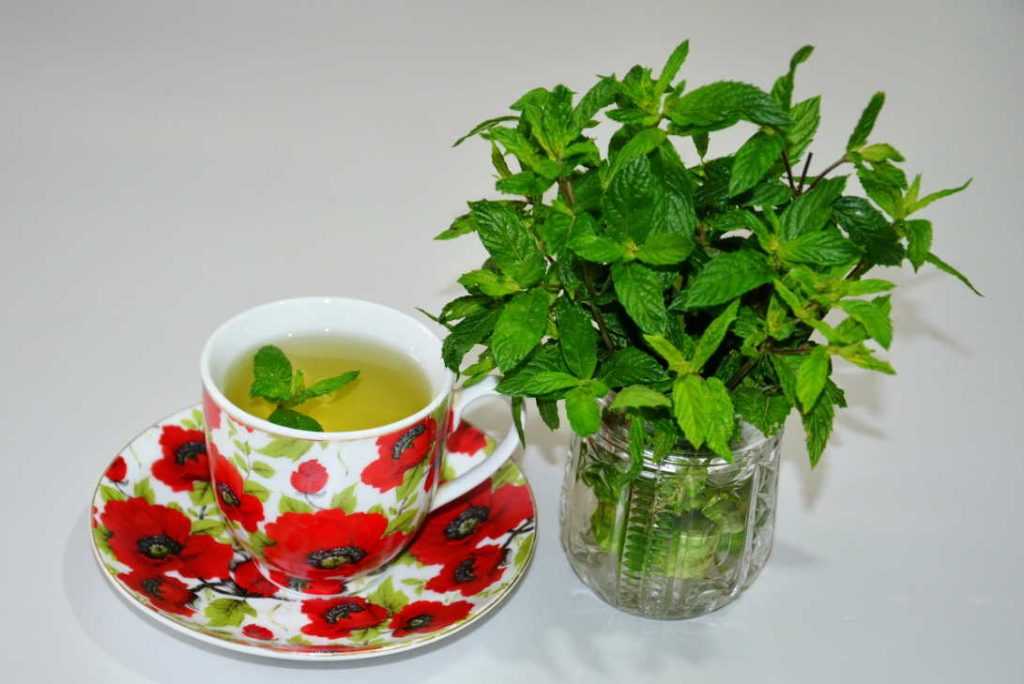
While herbal teas like peppermint typically don’t contain caffeine, they can upset your stomach or have other side effects when consumed in large doses.
According to a 2017 review that looked at the use of herbal medicines in pregnant women in Asian countries, oral consumption of peppermint in pregnancy is considered generally safe in lower doses.
Breastfeeding
Research regarding the safety of consuming peppermint tea while breastfeeding is also mostly anecdotal.
While one older study — with a very small sample size of 18 women — showed that menthol can pass into breast milk, it didn’t demonstrate any adverse effects on milk supply or on the babies. Also of note, the study looked at the consumption of capsules containing a variety of compounds, and not pure peppermint tea.
Meanwhile, some people recommend using peppermint oil or tea to aid in weaning or to provide relief from engorgement. While there’s a lack of solid evidence that this works, there are personal accounts of its effectiveness.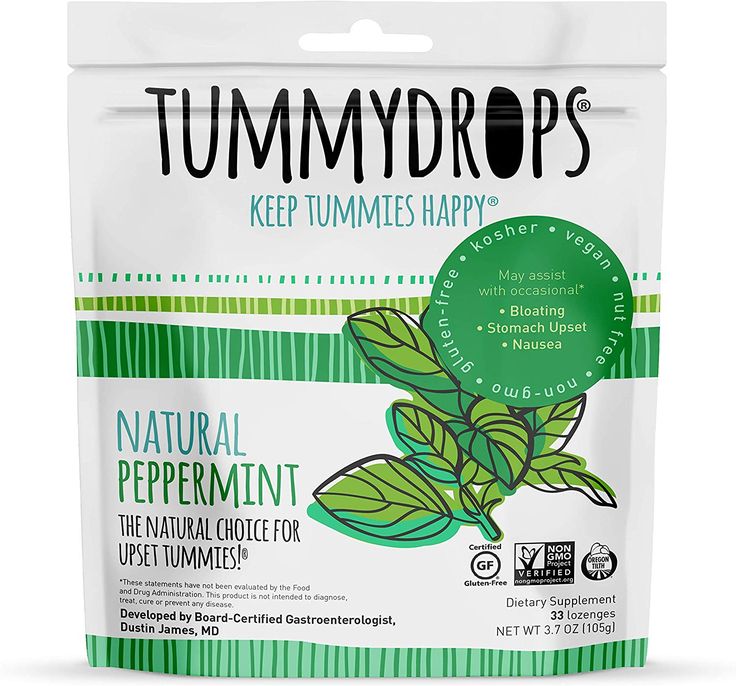 For that reason, you may want to hold off on the peppermint tea until you’re ready to wean.
For that reason, you may want to hold off on the peppermint tea until you’re ready to wean.
Peppermint tea is often touted as a great solution for many common ailments associated with pregnancy. Specifically, it’s known as a natural remedy for:
- curbing nausea and vomiting
- easing heartburn
- soothing an upset stomach
- reducing headaches
However, research into these benefits is scarce and isn’t directly done on pregnant people — or done using tea. For example, one 2013 study on the positive effects of peppermint on nausea and vomiting was done on chemotherapy patients using peppermint oil.
While peppermint tea is widely viewed as safe, you should be mindful of how much you drink and where it was sourced.
Experts agree that most commercially produced peppermint tea is safe for consumption. In contrast, homemade teas that fail to confirm the total amount of herbs used in them can be dangerous, since it’s possible to consume too much or to ingest other herbs that aren’t considered safe in pregnancy.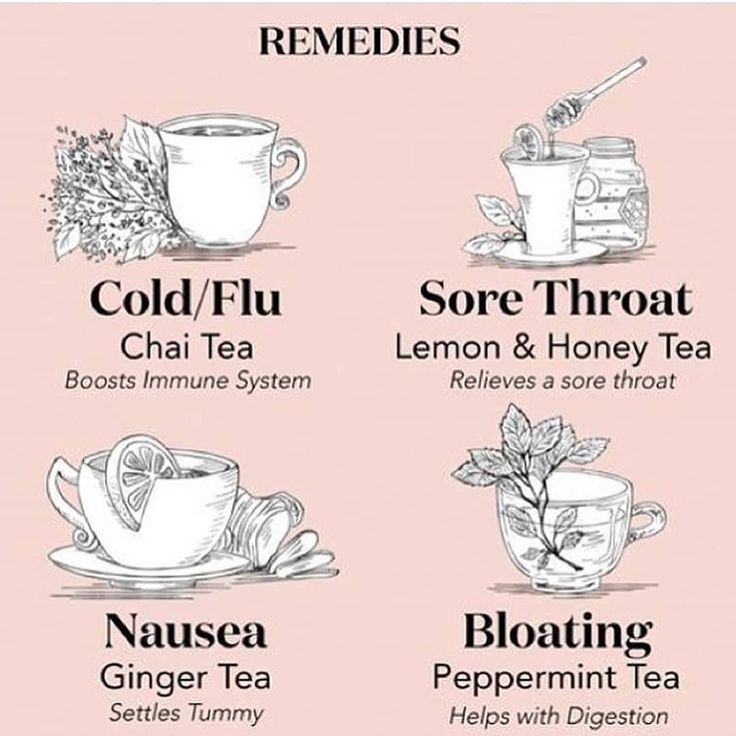
While you’re pregnant, it’s probably wise to drink no more than 1 to 2 cups of peppermint tea per day. As with many herbal concoctions, if you drink it in larger quantities, you may experience unwanted side effects like stomach upset.
It’s also a good idea to keep your healthcare provider apprised of any herbs you’re ingesting, even if they’re generally considered safe during pregnancy.
Whether you don’t want to give up your daily hot beverage or are searching for a natural remedy for common pregnancy ailments, peppermint tea is a great option. It’s considered generally safe for those who are pregnant or lactating to consume regularly in normal doses.
If you’re concerned about any adverse effects, wait until after your first trimester to indulge in a cup of peppermint tea. Meanwhile, if you’re breastfeeding, you may want to wait to enjoy a cup until you’re ready to wean.
5 Benefits & 4 Side Effects
It may ease morning sickness and be free of caffeine, but you should consume it in moderation.
Research-backed
MomJunction believes in providing reliable, research-backed information to you. As per our strong editorial policy requirements, we base our health articles on references (citations) taken from authority sites, international journals, and research studies. However, if you find any incongruencies, feel free to write to us.
Image : Shutterstock
For women who are used to starting their day with a hot beverage, switching to a natural, healthier alternative such as peppermint tea during pregnancy could be a great option. Moreover, caffeine is said to have negative effects on the growing fetus, limiting the intake of caffeinated drinks during pregnancy is best. In addition, peppermint tea is a herbal drink that could offer significant medicinal benefits to expectant mothers.
Keep reading to learn whether it is safe to drink peppermint tea during pregnancy, its potential health advantages and side effects, and how to make peppermint tea.
Peppermint Tea During Pregnancy
Most herbal teas are a safe non-caffeinated replacement for caffeinated beverages for pregnant mothers. Caffeinated drinks increase the risk of the low birth weight or miscarriage in the newborn baby, and limits in pregnancy are recommended.
Peppermint is a hybrid, a perfect blend of spearmint and watermint. It also boasts of a high proportion of menthol. Peppermint is a natural coolant and helps to soothe your stomach muscles. Pregnant women typically encounter indigestion or irritable bowel syndrome. Peppermint tea is quite effective in treating such stomach disorders. Expectant mothers love the strong aromatic flavor of the peppermint tea.
Related: IBS In Pregnancy: Causes, Symptoms, Diagnosis & Treatment
Health Benefits Of Peppermint Tea While Pregnant
Peppermint tea is a soothing and refreshing beverage. Due to its high methanol content, peppermint helps improve digestion or unwanted stomach irritation.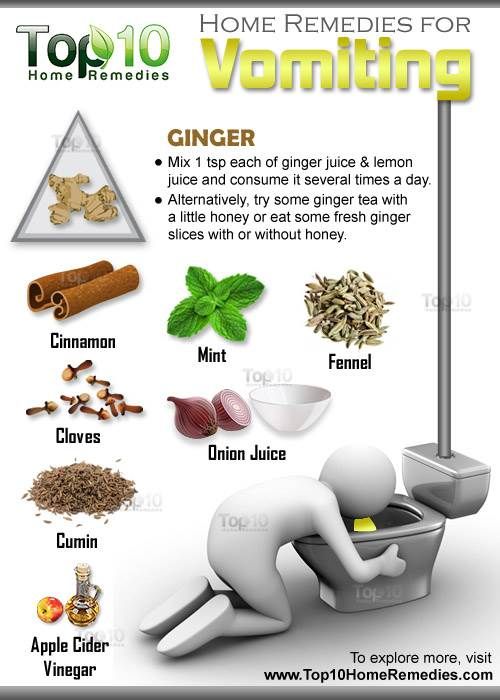 The aromatic flavor of peppermint tea helps the body and mind to relax and can promote relaxation.
The aromatic flavor of peppermint tea helps the body and mind to relax and can promote relaxation.
Some of the effective health benefits of peppermint tea include:
1. Improves Digestive Health:
Image: iStock
Peppermint tea or the oil extracted from the peppermint leaves helps treat irritable Bowel Syndrome effectively. As a pregnant woman, you may suffer from indigestion, bloating and heartburn. Peppermint tea is herbal, and it helps calm the stomach muscles and relieves symptoms of pain or irritation.
Excess gas in the stomach can lead to bloating or cramping in the body. But the peppermint tea stimulates bile flow and promotes healthy bowel movements during pregnancy. The soothing effect of peppermint tea on the stomach cells helps relieve any digestion disorders you may face, which include irritable bowel syndrome, constipation or diarrhea.
2. Cures Nausea And Vomiting:
Nausea and vomiting are common discomforts of a pregnant mother. The aromatic peppermint tea acts as an antispasmodic and reduces the tendency of vomiting, nausea or morning sickness during pregnancy. So, if you suffer from nausea and vomiting during pregnancy, try some peppermint tea.
So, if you suffer from nausea and vomiting during pregnancy, try some peppermint tea.
3. Treats Respiratory Issues:
Image: iStock
As peppermint tea serve as an antispasmodic, it helps reduce the respiratory disorders. The soothing effect of the peppermint helps relax your chest and throat muscles. Peppermint tea helps eliminate excessive chest pain and relieves symptoms of cold and flu.
Related: Cough In Pregnancy: Causes, Home Remedies And Treatment
4. Boosts The Immune System:
Peppermint has been shown to have an antimicrobial effect (1). It may help pregnant women stay away from viral infections including cold, cough and influenza. Peppermint tea could potentially boost your immune system and help you fight infections, even if it’s due to the stress relief component discussed below!
5. Reduces Stress Levels:
Image: iStock
With the onset of pregnancy, many women feel anxious or stressed. Peppermint tea is a natural sedative that can help relieve excessive mental stress. The anti-inflammatory and soothing effect of peppermint may relax your muscles and make you feel tranquil and serene.
The anti-inflammatory and soothing effect of peppermint may relax your muscles and make you feel tranquil and serene.
Just sitting down and breathing in a warm cup of tea will induce relaxation!
Related: Stress During Pregnancy: Causes, Symptoms And Tips To Manage
Side Effects Of Peppermint Tea During Pregnancy
Peppermint tea is a relaxant, a sedative, a stress buster. However, it still has some side effects, which include:
1. Precautions For Pregnant Mothers:
Drinking large amounts of peppermint tea during the first trimester may have a small link with causing menstruation, like many other herbs. However, there is no scientific evidence to show a link of peppermint tea with miscarriage. But women with a history of miscarriages may want to abstain from consuming peppermint tea in their first trimester (5).
Related: First Trimester Of Pregnancy: Changes, Symptoms & Baby Growth
2. Adverse Interactions With Other:
Medications:
Sometimes, peppermint tea has a negative impact when it interacts with other medications. During pregnancy, you need to consume prenatal vitamins and other medications, according to your health care provider. Consult your doctor or pharmacist before consuming any herbs, including peppermint, if you are taking medications (6).
During pregnancy, you need to consume prenatal vitamins and other medications, according to your health care provider. Consult your doctor or pharmacist before consuming any herbs, including peppermint, if you are taking medications (6).
3. Consequences Of Over Dosage:
Image: Shutterstock
Excess is not always good whether it is food, beverage or herbs. Drinking peppermint tea all day long peppermint tea could induce a negative side effects in those more sensitive. While more likely when consuming straight peppermint oil, peppermint has been noted to cause heartburn, nausea and diarrhea (2).
Is It Safe To Drink Peppermint Tea While Pregnant?
Most likely yes. You can consume peppermint tea during pregnancy, but consult your doctor before you do so, as it could interact with medications. Excess consumption during the first trimester may cause adverse health effects.
To keep intake at a reasonable amount, measure the number of leaves before you prepare one cup of peppermint teaIdeally, every mug of tea must contain no more than one gram or one tablespoon of peppermint leaves.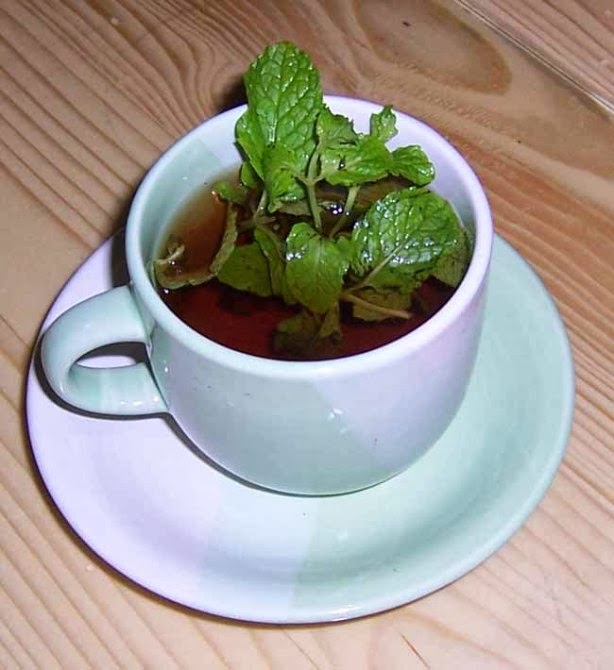 Use around 150-160 ml of water to boil the tea. You should not consume more than two to three servings of herbal tea every day.
Use around 150-160 ml of water to boil the tea. You should not consume more than two to three servings of herbal tea every day.
How To Make Peppermint Tea?
Image: iStock
You Will Need:
- One tablespoon of dried peppermint leaves
- One cup of water
- Sugar to taste
How To:
- Boil one cup of water in a saucepan
- Add one tablespoon of dried peppermint leaves in the boiling water
- Slow the flame, to let the aroma get into the boiling water
- Add sugar according to your taste
- Strain and serve
1. Does peppermint tea help induce labor?
Peppermint tea is not found to cause any adverse effects on the mother or the fetus. No definitive evidence suggests that peppermint tea may induce labor (5).
2. Can peppermint cause miscarriage?
In the first trimester, large amounts of peppermint tea may induce menstruation (2). You can consult your nutritionist or gynecologist to know the safe quantities of peppermint tea during pregnancy.
3. Does peppermint tea count as water intake?
Experts recommend that pregnant women consume around six to eight glasses or 1.6 liters of fluids daily. All drinks, including water, and hot drinks such as herbal teas and coffees, are counted in the total recommended water intake (6).
A few mothers may prefer peppermint tea during pregnancy since it serves as a non-caffeinated beverage, which is refreshing and soothing. The tea also provides various health benefits, including calming gastrointestinal issues, such as nausea and vomiting, making it the preferred choice for many pregnant women. However, there are also a few side effects with its intake. Therefore, although mostly safe, it is advisable to consult your physician before consuming peppermint tea during pregnancy. Keep the quantity to a minimum and discontinue its intake if you experience any discomfort.
References:
MomJunction's articles are written after analyzing the research works of expert authors and institutions. Our references consist of resources established by authorities in their respective fields. You can learn more about the authenticity of the information we present in our editorial policy.
- A Review Of The Bioactivity And Potential Health Benefits Of Peppermint Tea (Mentha Piperita L.).
https://pubmed.ncbi.nlm.nih.gov/16767798/ - Herbal teas during pregnancy and breastfeeding
https://www.pregnancybirthbaby.org.au/herbal-teas-during-pregnancy-and-breastfeeding#:~:text=Peppermint%20tea%3A%20Peppermint%20is%20onebecause%20it%20can%20promote%20menstruation. - Peppermint
https://www.mountsinai.org/health-library/herb/peppermint - Peppermint Oil
https://www.nccih.nih.gov/health/peppermint-oil#:~:text=Possible%20side%20effects%20of%20peppermint - Berna Terzioglu Bebitoglu; Frequently Used Herbal Teas During Pregnancy – Short Update
https://www.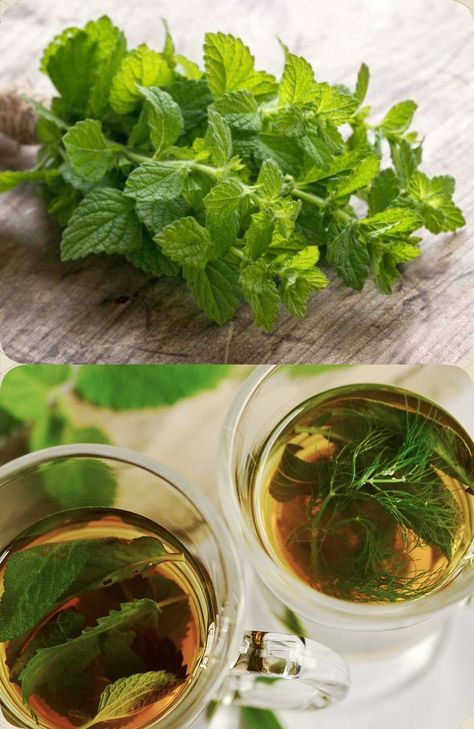 ncbi.nlm.nih.gov/pmc/articles/PMC7384490/
ncbi.nlm.nih.gov/pmc/articles/PMC7384490/ - How much water should I drink in pregnancy?
https://www.tommys.org/pregnancy-information/im-pregnant/nutrition-in-pregnancy/how-much-water-should-i-drink-pregnancy
The following two tabs change content below.
- Reviewer
- Author
Ria is a techie-turned-writer and writes articles on health, with special emphasis on nutrition. She did her B.Tech from West Bengal University of Technology and was previously associated with IBM as SAP ABAP technical consultant. She moved into freelance content writing in 2013 and worked for various websites including MomJunction, Brainpulse Technologies, and Emarketz India.
Jennifer House is a Registered Dietitian and owner of First Step Nutrition in Calgary, Alberta. Whether dealing with picky eaters or starting a baby on solids, Jennifer helps parents decrease food overwhelm through online programs. She is the creator of the Solid Steps to Baby-led Weaning e-course, End Picky Eating group coaching program, and author of "The Parents' Guide to. ..
..
View Profile ›
Can You Eat Blackberries While Pregnant?
Can You Eat Blackberries While Pregnant?
Is It Safe To Eat Mussels While You Are Pregnant?
Is It Safe To Eat Mussels While You Are Pregnant?
Is It Safe To Eat Brie Cheese While You Are Pregnant?
Is It Safe To Eat Brie Cheese While You Are Pregnant?
9 Amazing Health Benefits Of Eating Bread During Pregnancy
9 Amazing Health Benefits Of Eating Bread During Pregnancy
Top 10 Parsnip Food Recipes For Your Baby
Top 10 Parsnip Food Recipes For Your Baby
Ginger Tea During Pregnancy: Benefits, Safety Concerns & Risks
Ginger Tea During Pregnancy: Benefits, Safety Concerns & Risks
Is It Safe To Eat Jamun During Pregnancy?
Is It Safe To Eat Jamun During Pregnancy?
Is It Safe To Eat Bocconcini Cheese During Pregnancy?
Is It Safe To Eat Bocconcini Cheese During Pregnancy?
Banana For Babies: Benefits, Precautions, & 6 Recipes to Try
Banana For Babies: Benefits, Precautions, & 6 Recipes to Try
Is it possible for pregnant women to have tea with mint
Medicinal mint is one of the most famous natural remedies that has been used for the treatment of various ailments from time immemorial.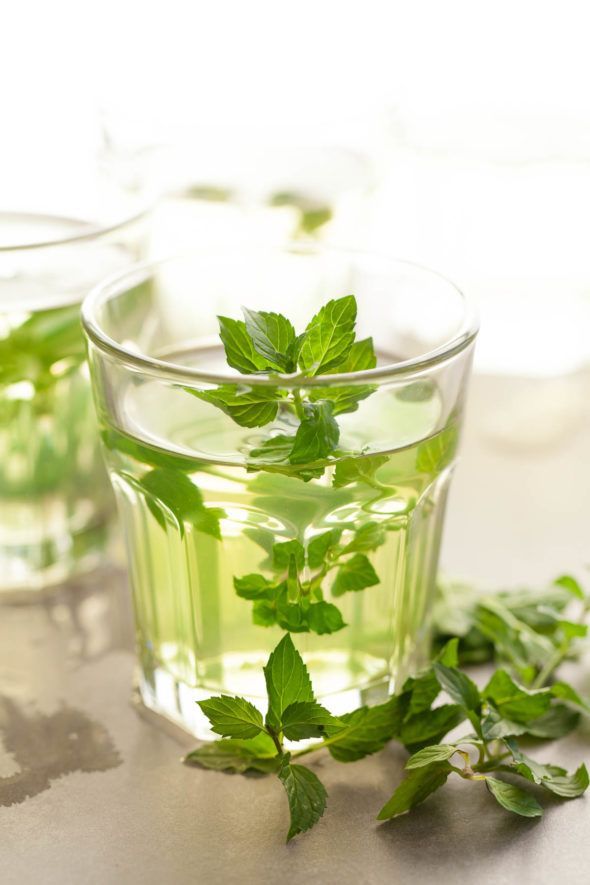 It consists of various essential oils, trace elements and vitamins that really have an effect on the human body. Moreover, their influence may not always be positive.
It consists of various essential oils, trace elements and vitamins that really have an effect on the human body. Moreover, their influence may not always be positive.
Particular attention should be paid to various herbal preparations during pregnancy. During this period, the body of a woman undergoes tremendous changes. Therefore, it is important to understand whether mint tea is possible for pregnant women and how it affects the body of the future mother.
Mint decoction in normal states:
- is an anti-inflammatory agent;
- relieves nausea;
- relieves spasm;
- promotes vasodilation;
- reduces blood pressure, so it is recommended to drink with hypertension;
- has a calming effect;
- helps to cope with colds.
Mint exposure during pregnancy
During pregnancy, the expectant mother's immunity decreases. To prevent the development of colds, mint tea is recommended. In addition, in the early stages, it helps to cope with toxicosis and heartburn. It is an effective remedy for constipation and flatulence. Relieves headaches and muscle pain. Also, tea helps to normalize sleep and reduces nervousness. Another property of mint infusion that not everyone knows about is an increase in libido, which is reduced in some pregnant women.
Many argue that mint tea has no contraindications. However, this is not quite true. Therefore, before using it on a regular basis, it is better to consult a doctor in order to exclude possible risks for yourself and your unborn child.
The negative effect of crushed tea on pregnant women
The substances contained in the plant can not only help, but also harm the body of a woman during pregnancy. So estrogens, which are part of mint, in rare cases lead to premature birth. However, to avoid this, a pregnant woman can drink no more than one cup of tea a day and take breaks in taking it for 1-2 days every 3-4 days.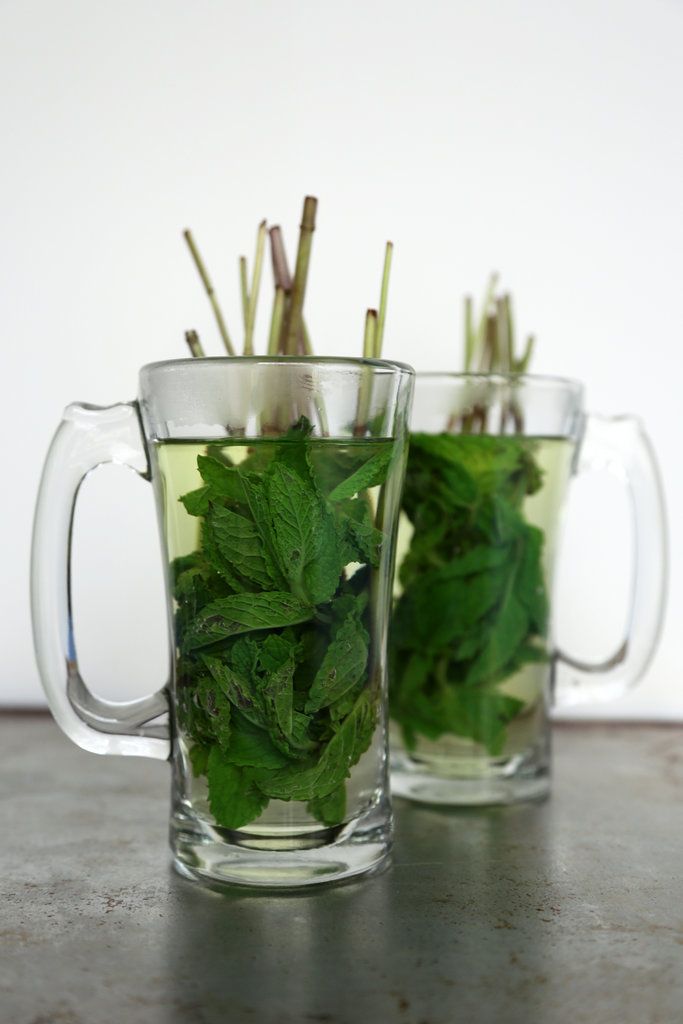
In addition, the use of a flavored mint drink in the last stages can reduce lactation. To provide the baby with enough milk a month before birth, mint tea should be abandoned.
Also, people with low blood pressure and chronic diseases of the liver and kidneys should not use mint drinks. Varicose veins are a contraindication. Often there are allergic reactions to mint, which are highly undesirable during pregnancy.
How to use mint for pregnant women?
In order to please yourself with a fragrant, refreshing drink, mint is brewed and a weak infusion is drunk. The recommended proportions are 1 teaspoon of dry collection in a glass of hot water. Mint can be combined with other plants - raspberries, lemon balm, currant leaves.
To reduce the unpleasant symptoms of toxicosis, it is advised to pour a glass of dry mint collection with a liter of boiling water and insist for an hour. I drink the resulting broth in small sips. The recommended dose is 0. 5 cup every 4-5 hours. The Seven Cups store sells high-quality tea varieties and herbal preparations. In our catalog you can pick up non-tea drinks for various occasions and conditions. Pregnant women and those who want to get rid of insomnia, reduce nervousness, will definitely like herbal tea "Evening", "Legends of Altai", "Summer Mood", "Old Monastery Collection", etc. Customers can pick up sweets, dishes and other goods for drinks .
5 cup every 4-5 hours. The Seven Cups store sells high-quality tea varieties and herbal preparations. In our catalog you can pick up non-tea drinks for various occasions and conditions. Pregnant women and those who want to get rid of insomnia, reduce nervousness, will definitely like herbal tea "Evening", "Legends of Altai", "Summer Mood", "Old Monastery Collection", etc. Customers can pick up sweets, dishes and other goods for drinks .
mega-woman » Pregnancy. What causes nausea and vomiting during pregnancy?
Nausea is actually a good sign - it means that your body has a fairly high level of pregnancy hormones. This allows the fetus to develop and grow. But if you don't feel nauseous, don't worry, you may be one of those lucky women who doesn't feel nauseous. Eight out of ten women experience nausea during pregnancy. Nausea can be with or without vomiting.
Why you feel sick during pregnancy
During early pregnancy, your body produces large amounts of the hormone human chorionic gonadotropin (hCG).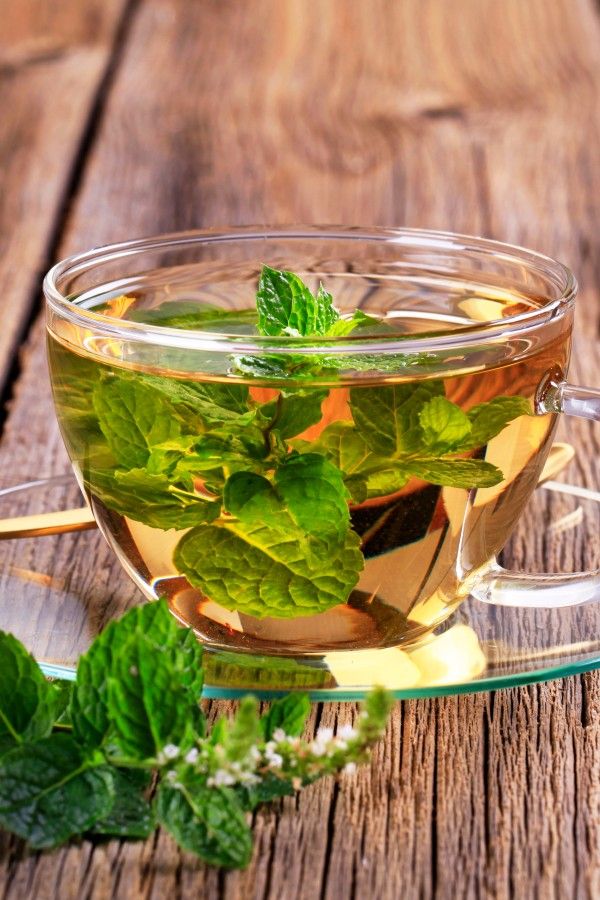 Once your placenta takes over to support and nourish your baby, hCG levels drop and the nausea should go away. Your nausea is also likely to go away between 12 and 14 weeks of pregnancy. But there are also other hormones that cause nausea - these are estrogen and thyroxine. This is probably why in some women this symptom lasts much longer than the first trimester.
Once your placenta takes over to support and nourish your baby, hCG levels drop and the nausea should go away. Your nausea is also likely to go away between 12 and 14 weeks of pregnancy. But there are also other hormones that cause nausea - these are estrogen and thyroxine. This is probably why in some women this symptom lasts much longer than the first trimester.
If you are tired, hungry, or in a bad mood, your nausea may be worse. Also, if you are expecting twins or triplets, you may be thinning more often because you have higher levels of pregnancy hormones. If you vomit several times a day and are unable to eat or drink without vomiting, contact your doctor immediately. Severe vomiting and nausea can lead to dehydration, which may need to be treated in a hospital.
How to prevent nausea?
It is difficult to prevent nausea completely. Nausea is a natural and normal part of pregnancy.
Relaxation and various folk remedies can help you reduce this unpleasant ailment. Get plenty of rest and consider stopping work, take a vacation. Eat often and in small portions and pay attention to foods that cause nausea. Avoid fried, fatty, smoked and heavily seasoned foods.
Get plenty of rest and consider stopping work, take a vacation. Eat often and in small portions and pay attention to foods that cause nausea. Avoid fried, fatty, smoked and heavily seasoned foods.
If you feel very ill, try not to worry that your child and you are not getting enough nutrients. You and your child will be able to catch up with the required amount of vitamins at a later date, when the nausea disappears. Most importantly, drink plenty of fluids. It can be purified water, lemon juice, barley water, or any drink your body accepts. If you can't eat or drink anything at all, contact your doctor immediately.
How can I get rid of nausea on my own?
Ginger. Ginger effectively eliminates nausea, but ginger can also increase it or cause heartburn.
Ginger is a good remedy in Chinese medicine. It is based on the system of yin and yang and other opposing factors, including heat and cold. Ginger is a hot (yang) remedy and will increase nausea if you feel hot. You can take ginger if you:
You can take ginger if you:
feel cold,
- you have an irresistible desire to wrap yourself in a warm blanket or dress warmly,
- you want to drink hot tea.
Don't rely on gingerbread cookies as they are high in sugar and low in ginger.
Try grated ginger root tea. Brew two or three teaspoons with a cup of boiling water, let it brew well, and drink it throughout the day. Do not take more than 3 grams of raw ginger (about three teaspoons) per day. You can also use ginger capsules if you don't like tea.
Mint. Mint is a cold (yin) alternative if:
- you are constantly hot and want to undress,
- you want a cold drink.
Try mint tea. Sugar-free mints or chewing gum may also help. Mint does not remove nausea from everyone, it is possible that nausea will intensify due to the pungent odor.
Herbal teas. You can try lemon balm tea or a small amount of chamomile tea. Relief may be short-lived, so you should try to find something else that might work for you.
Acupressure. Nausea can be relieved by pressing on the point located on the wrist. When you experience nausea, press a point on each wrist about 20-30 times at one second intervals.
Other ideas. If you feel sick while driving, try listening to music that contains frequent pulsations. This will work well for your inner ear and should make you feel better.
Eating foods rich in vitamin B6, such as avocado or chicken, may relieve symptoms. Vitamin B supplements can also reduce nausea if you can swallow the pills. Always check with your midwife before taking supplements during pregnancy.
Aromatherapy. Aromatherapy can help you relax, but the smell of oils can make your nausea worse. Essential oils that can relieve nausea:
mint
spearmint
lime
lemon
ginger (sometimes)
When treating nausea, you need to get more rest, be in the fresh air. If possible, go to the forest. Clean forest air will relieve you of nausea.
